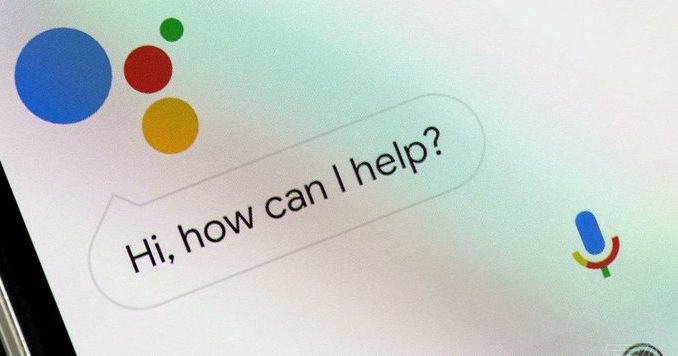
Each year that passes sees artificial intelligence (AI) integrating even further into major institutions. It is set to contribute $15.7tn to the global economy by 2030, which exceeds the current output of China and India combined. This game-changing technology is becoming increasingly embedded in our daily lives, from the devices on our bodies that measure our heart rates to those in our home that play our music.
With AI poised to play an increasingly important role in society, further regulations are likely to be introduced worldwide. Over the past five years, more than 60 countries have developed over 700 AI policy initiatives. Last year, the European Commission introduced its Proposal for a Regulation on a European Approach for Artificial Intelligence (also known as the Artificial Intelligence Act), designed to ban harmful uses of AI and foster more consumer transparency in AI-driven systems and applications.
A particularly challenging issue in AI is the diversity of those programming the technology itself. The World Economic Forum has shown that about 78% of global professionals with AI skills are male, while a study by the AI Now Institute of New York University showed that over 80% of AI professors are men.
